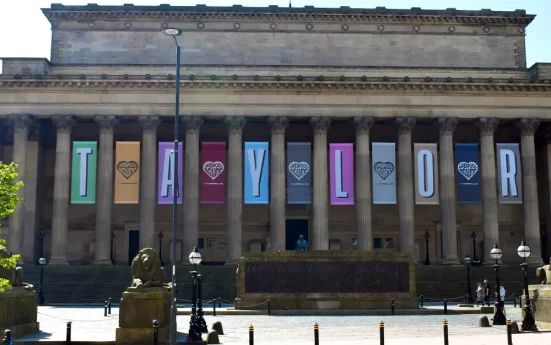Much has been written about the challenges of maintaining innovation in drug discovery and development. Costing an average of $2.6 billion to reach the market and with a less than 12% chance of success after a drug enters clinical trials, the process requires patience, persistence and many great minds working together. Against this backdrop, lots has been written about how we can minimise risk and maximise success, both at the coal face and as investors. But… it’s really by being creative, inventing, and innovating, that we can make the biggest difference for the people we hope and want to serve. So how do we do this, especially over the 10-15 years it can take to bring a new treatment to market? Here are some lessons from the history of drug discovery.
1. Connect the Dots
In early trials of a new drug in angina, patients reported a side-effect of penile erection. Researchers noticed this detail and saw the potential for this to become a feature rather than a by-product. Pfizer shifted direction to do this and created Viagra, one of the most famous drugs of all time. Making new drugs is a complicated process, and biology is difficult to predict. Experiments don’t always go as planned. We need to keep our minds open to connect the dots, identify patterns, and make connections, and then adapt to events rather than changing them. Sometimes, the most remarkable breakthroughs happen when we pivot in response to challenges.
2. Challenge Conventional Wisdom
Retinitis pigmentosa (RP) is the most common cause of blindness in developed countries. Conventional wisdom has been that the condition can’t be reversed. Recent work with optogenetics, a breakthrough in neuroscience is challenging that, and multiple trials of this new approach have now started. Conventional wisdom can be a formidable barrier to innovation. Rather than accepting it, we should venture outside it to discover new perspectives and solutions, and perhaps introduce people to possibilities they haven’t even imagined.
3. Seek the Unusual
Alexander Fleming discovered not just one, but two naturally occurring bacterial-killing substances by ‘chance’ in the 1920s; lysozyme and penicillin. The chances of Fleming observing the effects of the penicillin mould have been calculated at about 1 in a billion. But he was a skilled scientist, attuned to seeking anything new and unusual, and as a result he was able to make two very important discoveries. Sometimes the unexpected, accidental, or unwanted result is the thing we should follow. We should pay meticulous attention to detail as insights are often found in subtleties.
4. Be Resilient
Pembrolizumab was discovered by scientists looking for drugs that would treat inhibit the immune system, rather than activate it. At the time, the idea of harnessing the immune system to fight cancer was a fringe idea and the team, even after the molecule had been recognised as a potential cancer drug, had to fight for funding through two mergers and acquisitions to develop it. That persistence and fight led to Keytruda, a paradigm shift for cancer treatment that has helped countless patients around the world. Innovative ideas are often met with scepticism or resistance. Don’t be discouraged if your idea is initially ignored or dismissed. Confidence in your unique perspective and perseverance are essential qualities on the path to making a real impact.
5. Embrace collaboration
Although Alexander Fleming discovered penicillin, it took Florey and Chain and their teams in Oxford to turn that discovery into a medical breakthrough. One important reason for this is that whilst Fleming was a loner, working in a small department, Florey and Chain had access to greater scientific resources, networks, and collaboration. Communication, collaborating, and working collectively as a team are crucial. Different perspectives extend ideas and create improvements and momentum.
Drug discovery and development are hard. Making a difference for patients and their families is hard. To do that, we need to be creative and challenge our own thinking, as well as that of others. Creativity is critical in doing that. I hope you find these insights as valuable as I do in challenging the status quo.



